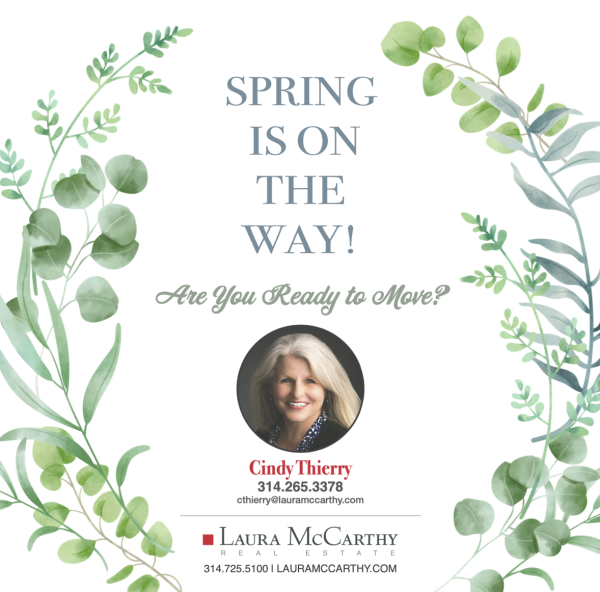Mental illness doesn’t exist in the black community
March 3, 2020
Anyone can be diagnosed with depression, anxiety, or bipolar disorder. No discrimination exists when it comes to these mental illnesses; however, whether or not the condition is dealt with properly changes depending on one’s cultural background. Specifically, when it comes to African Americans, there is a reluctance to acknowledge the problem at hand–mental health. As the years go by, progress has slowly been made to change the seemingly toxic cycle of denial and self-destruction. Nevertheless, in African American culture, there is still resistance to openly talking about it, getting help and recommending healthy and helpful options for others.
“Historically, mental health conditions were not dealt with in our community nor did anyone outside of our community care during slavery, which connects to some of the ways that many black people think about mental health conditions today,” April Money, school counselor, said.
Based on Money’s speculation, little to no time was given to black slaves to relax and recover from hard days of work because they weren’t deemed worthy of such treatment. As a result, they had to work through their issues on their own because they did not want to add to the stresses of those closest to them. This negligence is still seen today, where instead of seeking help, they often continue the cycle of working to keep the lights on and the refrigerator full.
“Our society has a history of keeping African Americans in low-income status with little health care,” Christine Woodward, social worker, said. “People with more education and higher-income status are more likely to seek and receive help for mental health and medical issues.”
Going to a therapist for sessions, getting medication to better control the disorder and understanding each illness requires money and education. These limitations put blacks back into the same cycle of overworking to make ends meet and put food on the table with the status of their mental health being of no importance. The system once again is not on their side, sometimes though it is the individual who is stopping herself from asking for help.
“Approximately 30% of African Americans with mental health issues receive treatment each year,” Woodward said. “Some of this is due to mistrust of the system and some of this is due to lack of insurance. Too many African Americans do not have adequate insurance to receive treatment.”
There’s a disconnect seen between a doctor and their black patients, making the process of treatment even more difficult.
“I feel like people in our community, they have trouble opening up to people that they don’t trust in general,” Albert Smith, sophomore, said. “I feel like there has to be a level of mutual trust, sometimes you go to a therapist and you might want help, but opening up wouldn’t be exactly the easiest thing to do.”
In addition, allowing the influence of the older generation to affect the decisions we make when it comes to treatment is problematic because they have little to no experience facing it.
“Often, especially with our youth, black parents are reluctant to believe that a mental health disorder exists in our children because there is a belief that ‘they’re too young to be depressed, have suicidal thoughts, etc,’” Money said. “Oftentimes, our older black community believes some of the symptoms are ‘attention seeking’ when they are not. Even though some in the black community may believe or suspect a mental health condition, they do not believe in therapy or seeking professional treatment for several reasons stemming from generations of ‘keeping things in the family.’”
Privacy factors aside, African Americans often do not take certain topics very seriously.
“Black people make fun of literally everything,” Xavia Wright-Jones, sophomore, said. “Like it doesn’t even have to be funny, it’s so stupid. I’ve seen people get made fun of because they have cats. So, imagine being like, ‘Oh, yeah, I’m going to therapy,’ that’s just not something that a lot of black people would do because they’re afraid of what other people would think and I think that’s stupid.”
In the black community, it is known that people count on the strength of their spiritual faith to be able to fix everything.
“We always do that because there’s been a level of keeping the faith all the time to where you feel like if anything is like wrong then if you pray enough or if you worship enough or whatever, then like you’ll be okay, which is a good way of keeping the faith but sometimes you might need a little more than that,” said Smith.
Many black people struggle with society’s view of them because whatever action they take is seen as stereotypical behavior.
“No one wants to look like they don’t have themselves and/or their family together,” Michael Simmons, freshman, said. “Because of the stigmas around mental health, these issues make you look ‘crazy’ and like you don’t have your life together, when in reality, no one does.”
Children are a product of the environment they grow up in, if a child is taught by the adults surrounding them how they should deal with their emotional issues by doing nothing at all, then it becomes a self-destructing habit. Also, if a person doesn’t know and understand what mental health is and the causes and effects, then how can somebody efficiently and adequately treat it.
“I believe that the field of mental health is a growing topic among the black community and although we still have a way to go, there are many more individuals taking the initiative to understand mental health and how it affects our community overall,” Money said.





































